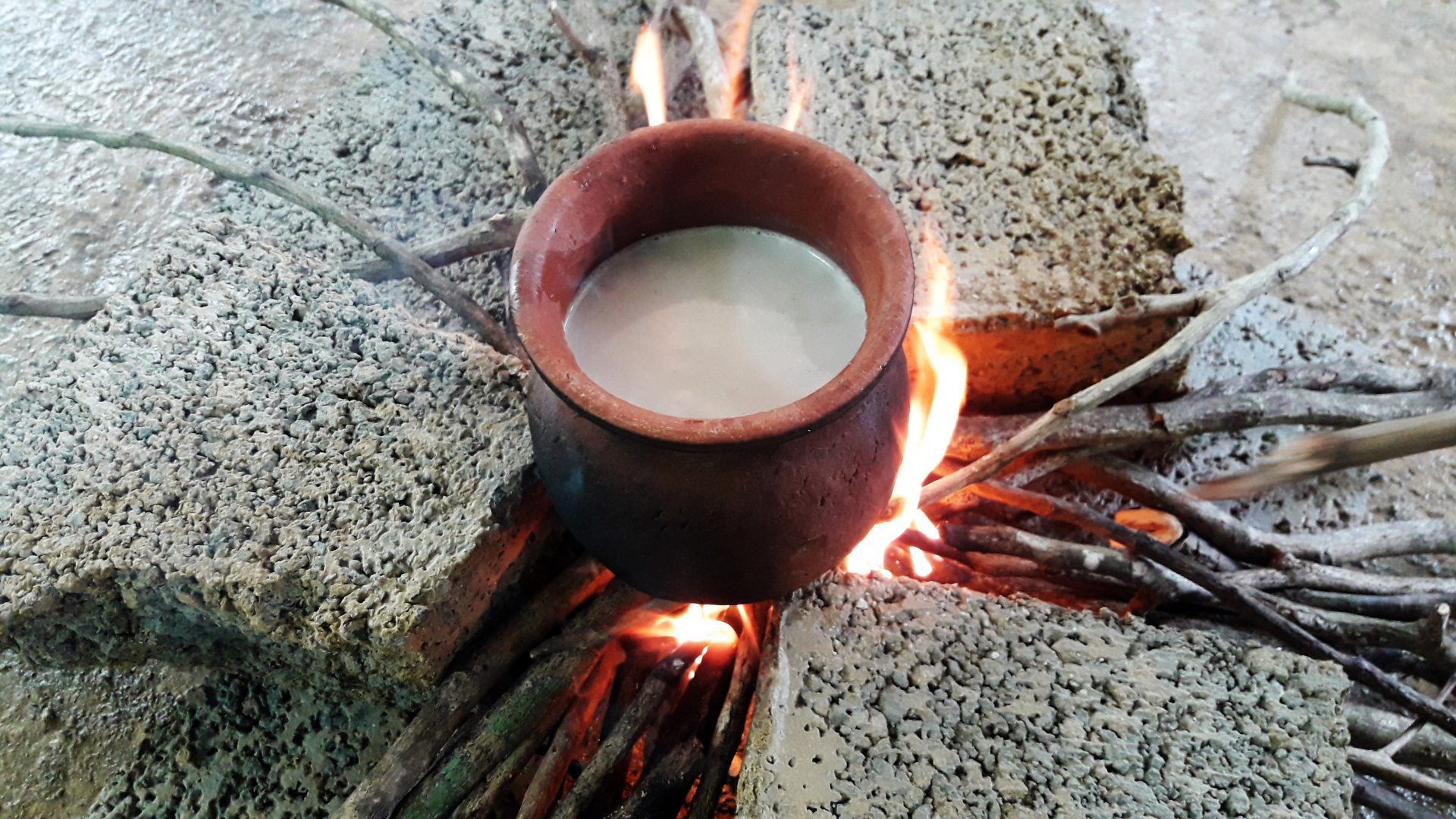An international study, led by the University of Bristol and published in the Proceedings of the National Academy of Sciences (PNAS), has revealed that milk was first used by ancient farmers in Central Europe during the early Neolithic period around 7,400 years ago.
The researchers used a pioneering technique to date dairy fat traces preserved in the walls of more than 4,300 prehistoric pottery vessels. The vessels come from 70 locations in Central Europe that have been attributed to the Linearbandkeramik (LBK) culture.
The results indicate a considerable variation in milk use across the region, with only 65 percent sites presenting evidence of dairy fats in ceramics vessels, suggesting milk use, while common, was not universally adopted by these early farmers.
Lead author Dr Emmanuelle Casanova, who conducted the research while completing her PhD in archaeological chemistry at the University of Bristol, said: “It is amazing to be able to accurately date the very beginning of milk exploitation by humans in prehistoric times. The development of agropastoralism transformed prehistoric human diet by introducing new food commodities, such as milk and milk products, which continues to the present day.”
Focussing on the sites and ceramics with dairy residues, the researchers produced around 30 new radiocarbon dates to chart the advent of dairy exploitation by LBK farmers. These new dates correspond to the earliest LBK settlements during the middle of the 6th Millennium BC.
Co-lead author Professor Evershed said: “This research is hugely significant as it provides new insights into the timing of major changes in human food procurement practices, as they evolved across Europe. It provides clear evidence that dairy foods were in widespread circulation in the Early Neolithic, despite variations in the scale of activity.”
Header Image Credit : Shutterstock





